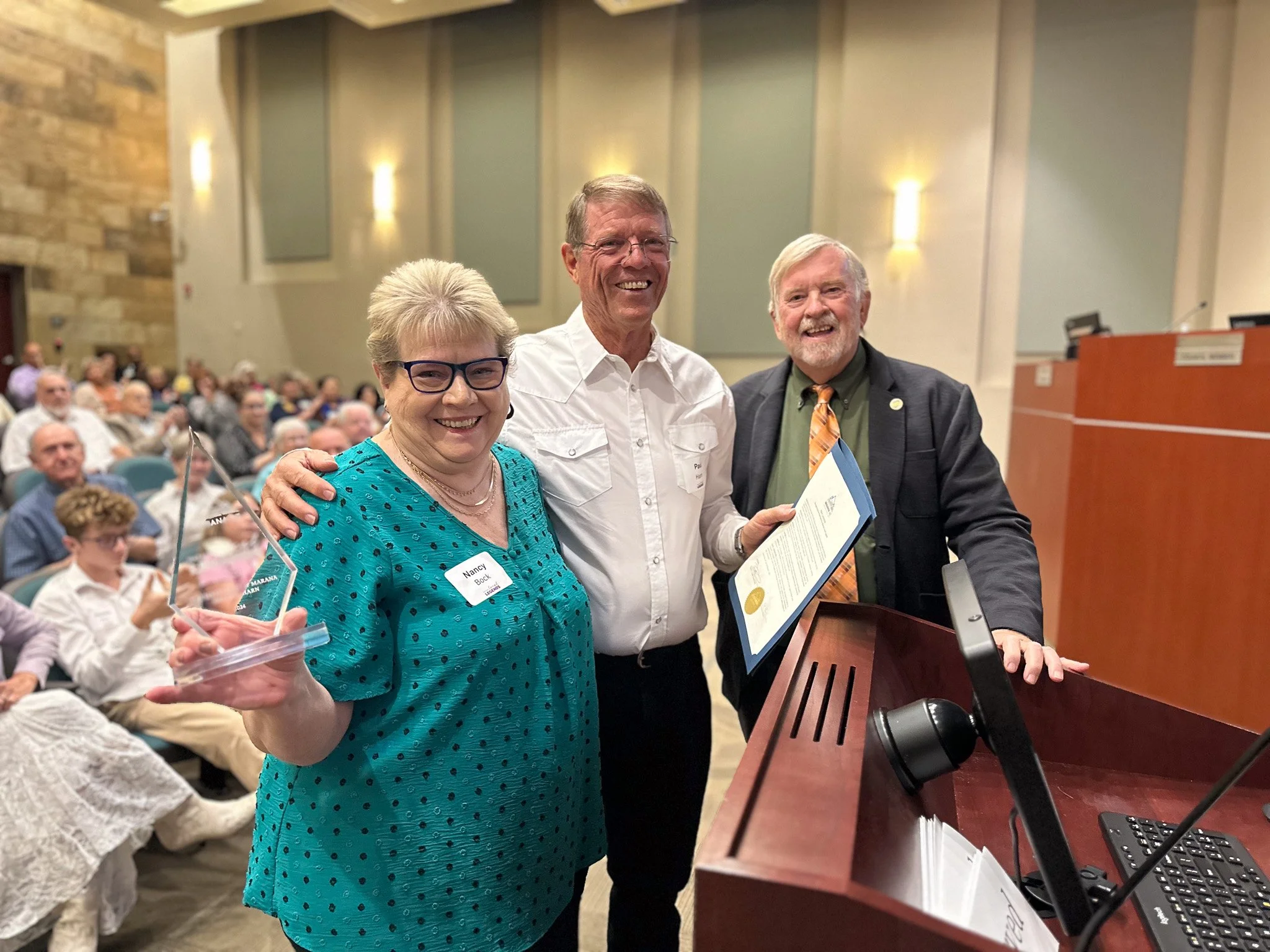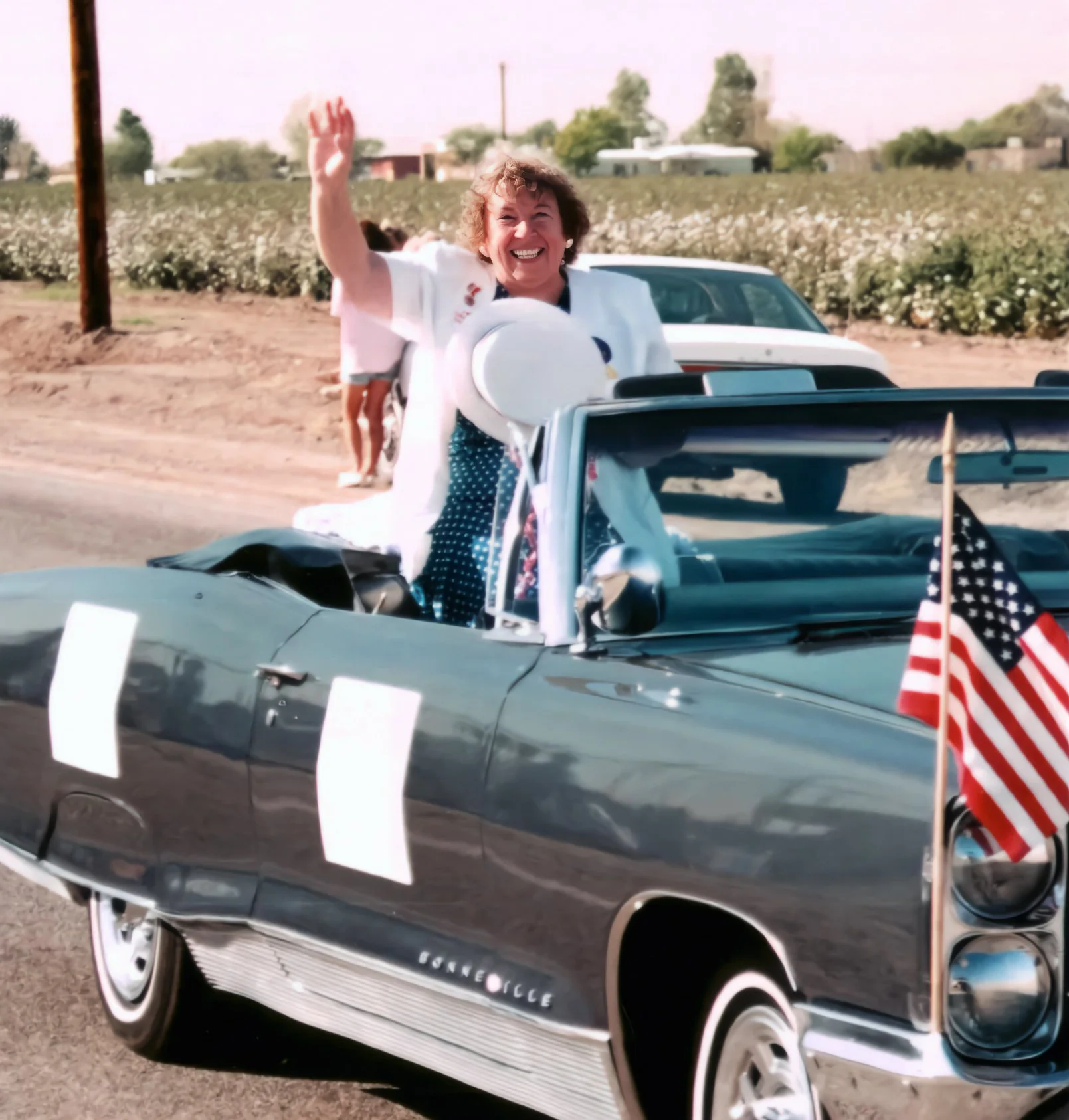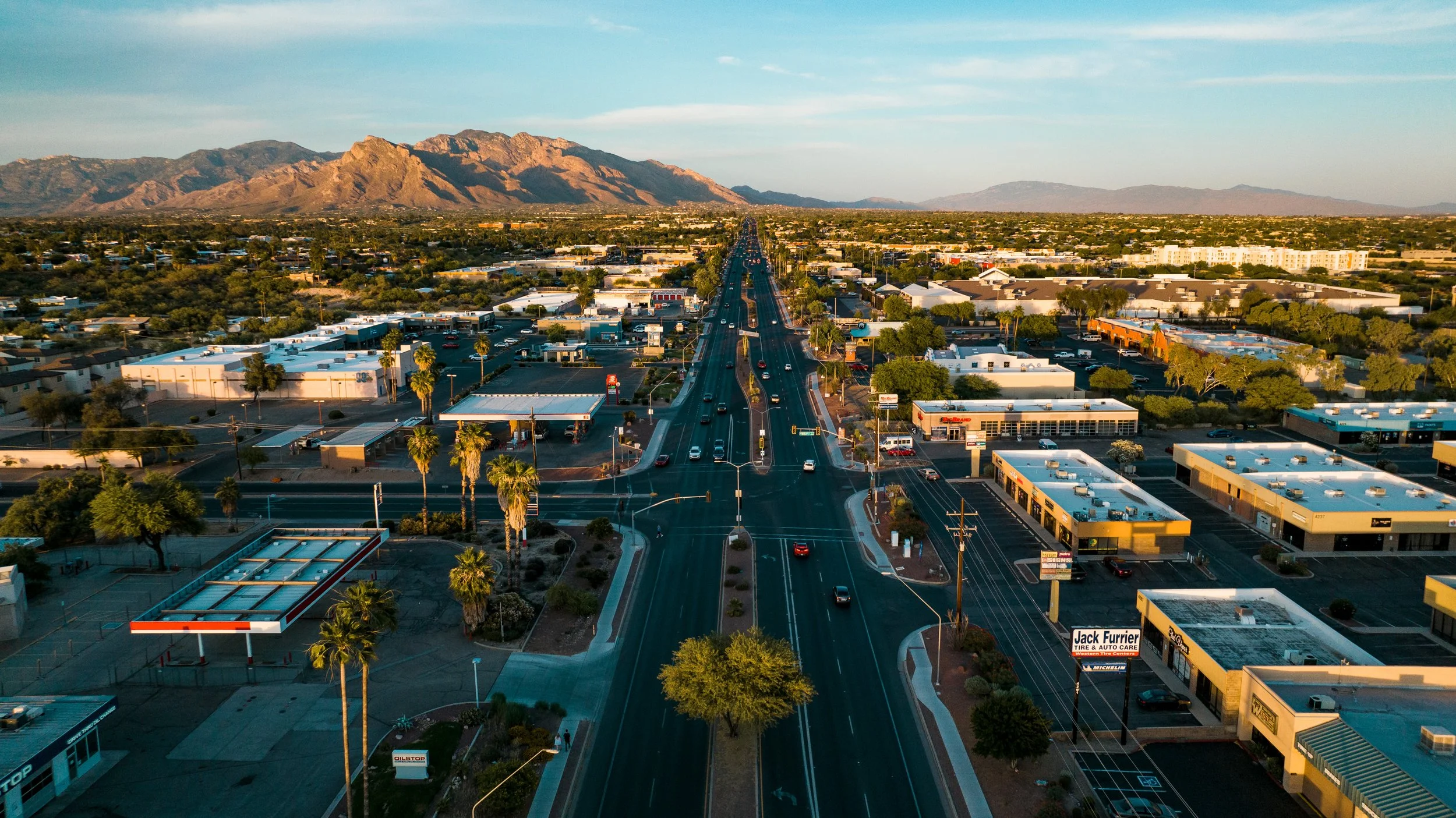On July 10, a rainstorm swept through southern Arizona in the early afternoon and left a wave of destruction resulting in multiple lane closures, flooded streets, stranded motorists, and a train derailment.
Responding quickly to minimize the lasting impact on the community and its citizens, Town of Marana immediately activated the Emergency Operation Center, which placed Marana police officers and Town staff on the ground while answering to a centralized command center located at the Marana Municipal Complex.
"The Emergency Operation Center is vital to addressing community-wide impacts involving all departments at the Town," said Marana Police Chief Terry Rozema. "We are able to streamline our response units and align our efforts with those of Public Works, Northwest Fire District, and other agencies working on the ground to make sure all possible issues are addressed."
Marana Police Department took the lead, managing emergency phone calls and coordinating road closures with the Public Works Department. As news of more and more water rescues and flooded intersections reached the Emergency Operation Center, Marana Police Department knew they had to bring more people into the field.
With two patrol squads on board, Marana police officers spread their resources across the community. Altogether, the Emergency Operation Center addressed over ten road closures and nine stranded motorists or swift water rescues. The train derailment added to the complexity of the afternoon, requiring
"As a police officer, I was ready for anything to happen," said Marana Police Officer Nelson. "I knew people would have questions for me, so I tried to be as informed as possible. There were many tasks that need to be completed, and I feel that we came together for the community to accomplish those tasks very quickly."
Officer Nelson had covered a lot of ground on July 10, assisting to block flooded roadways and communicating with stranded drivers to make sure they were safe. After the Union Pacific train derailed at Twin Peaks Interchange, he stayed at the scene until the Union Pacific security arrived.
"Multi-tasking is something we have to do as police officers," said Officer Nelson. "Command was very good at organizing where people needed to be."
Lead Police Officer Fane served as Deputy Incident Commander for the southern half of Marana, and worked to coordinate officers and resources responding to the flowing washes and flooding.
"We were able to adapt because of the quick activation of the Emergency Operations Center," said Fane. "Fortunately most of us have had some experience working through heavy rains and are familiar with which areas of town are impacted the most."
Marana Police worked alongside Northwest Fire Districts for most of the swift water rescues and stranded motorists.
“Days like July 10th tend to test the capabilities of emergency response services on the grandest of scales," said Northwest Fire Chief Brad Bradly. 'Meeting this and other similar challenges within our community requires the commitment and focus of all agencies and services towards a common mission. It is with this understanding and through the development of critical relationships over time that allow us to perform as a unified front during difficult situations, ensuring the safety and well-being of our citizens.”
“Emergency response is a team effort and the events of July 10th brought the best out in all of the agencies involved," said Northwest Fire Captain Brian Keeley. " Responders throughout the region worked together, without concern for their own safety, to guarantee the safety of our citizens. By the end of that day, not a single life had been lost, despite the magnitude of that day’s events, and for us, that is the mission we are called to serve.”

















![Real Talk With The Town Podcast Art[1].jpg](https://images.squarespace-cdn.com/content/v1/54cc191ce4b0f886f4762582/aaa7d1c0-1ed3-45eb-be2b-eadefb16fc14/Real+Talk+With+The+Town+Podcast+Art%5B1%5D.jpg)




















